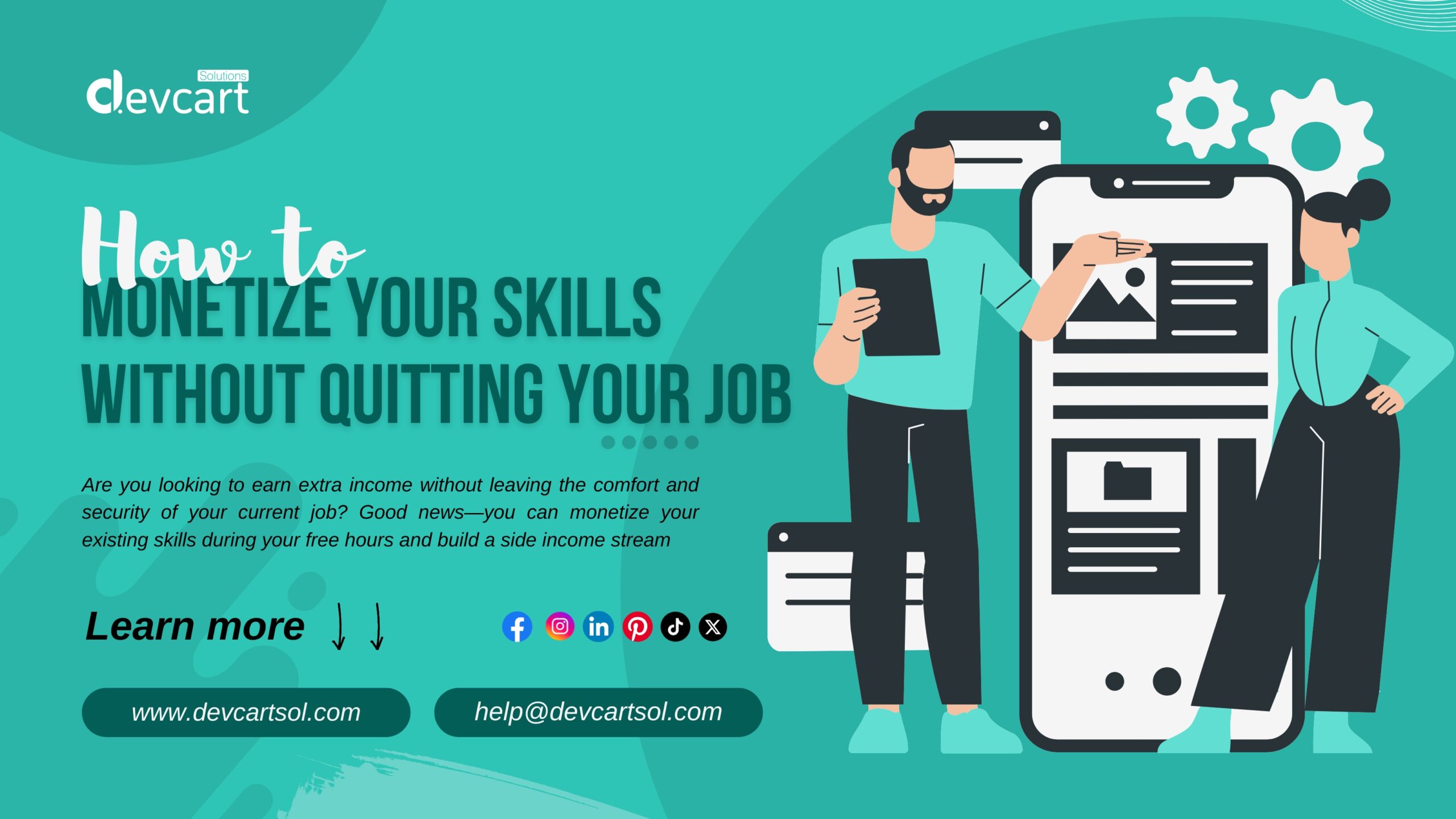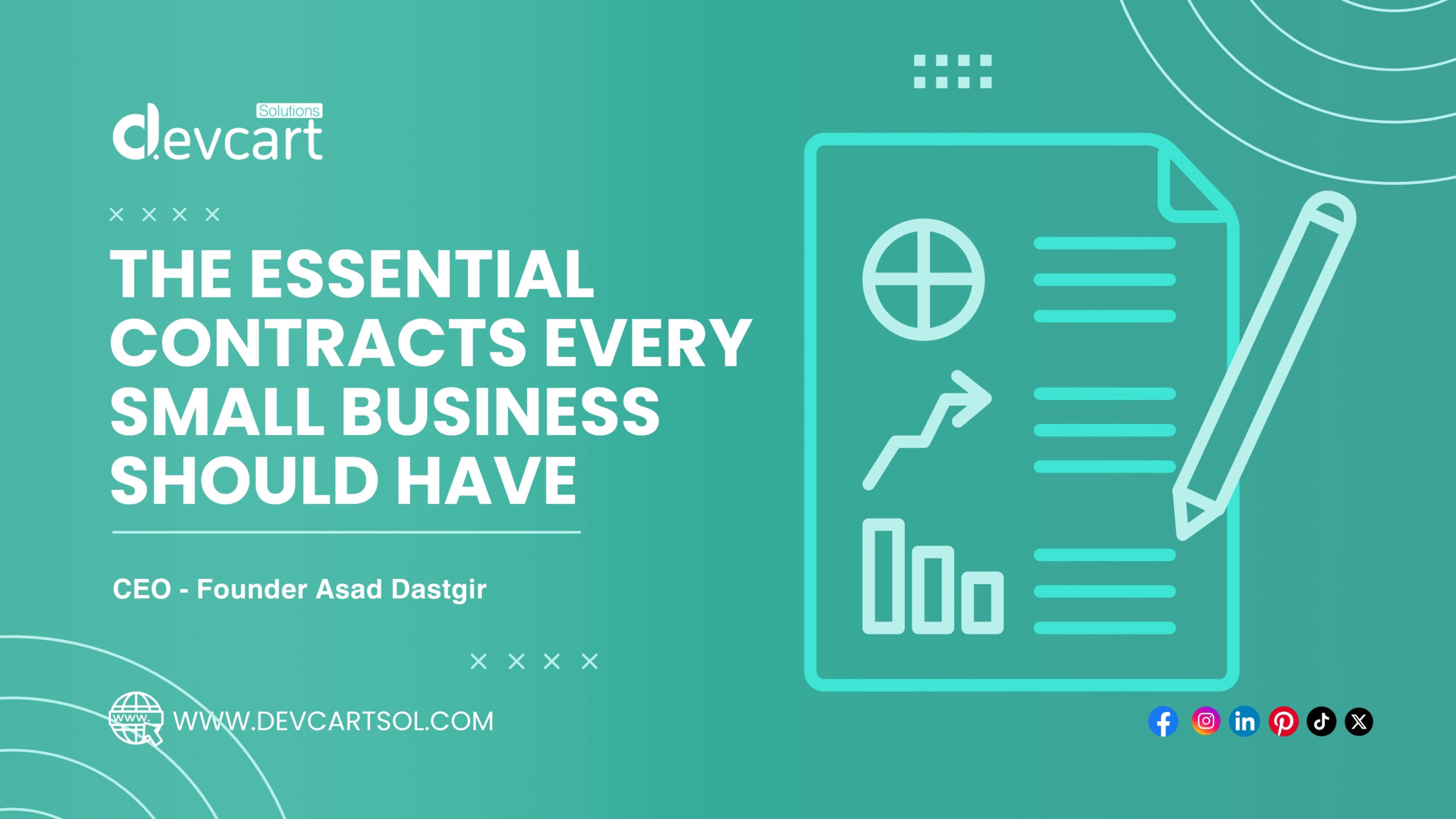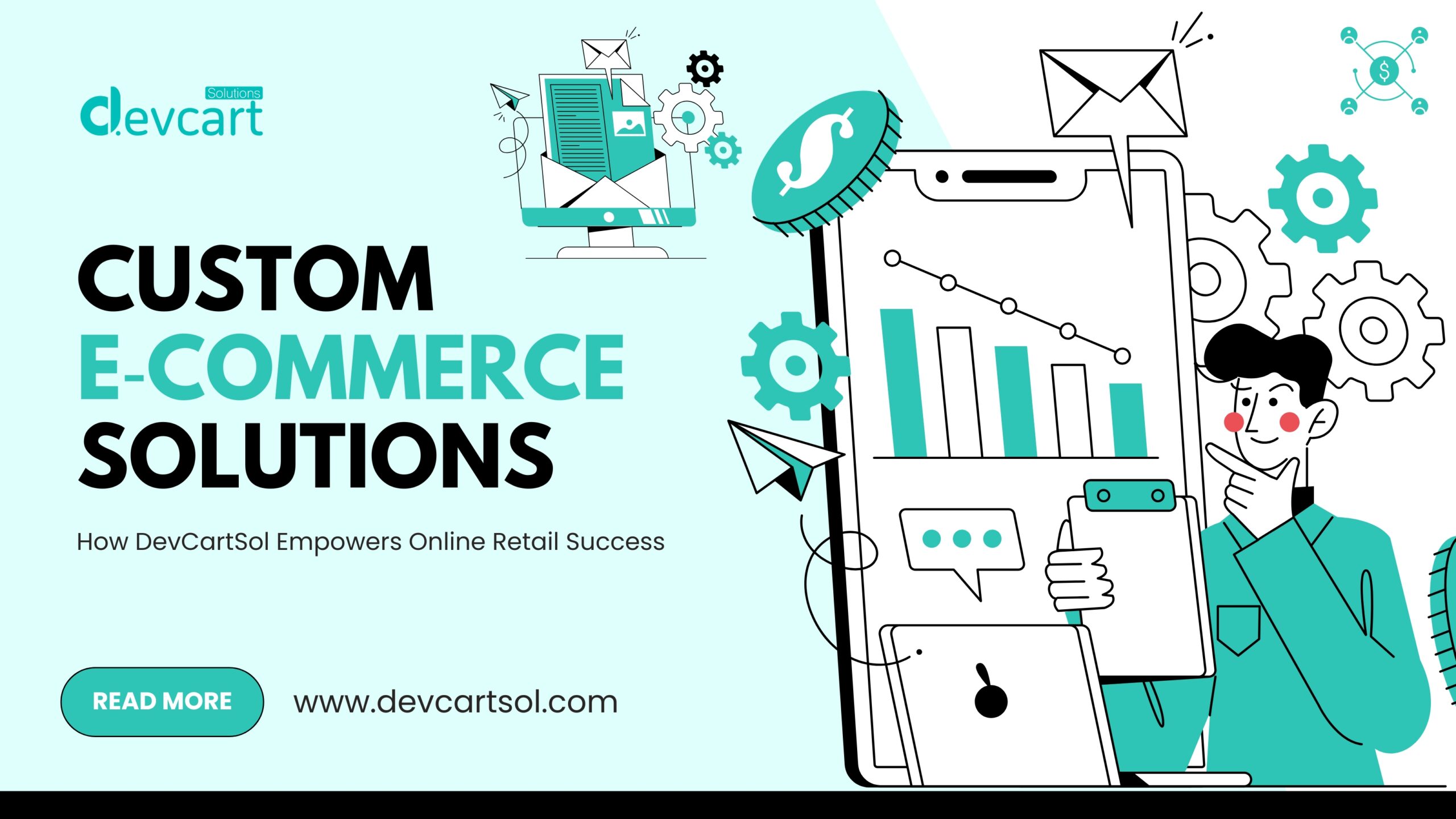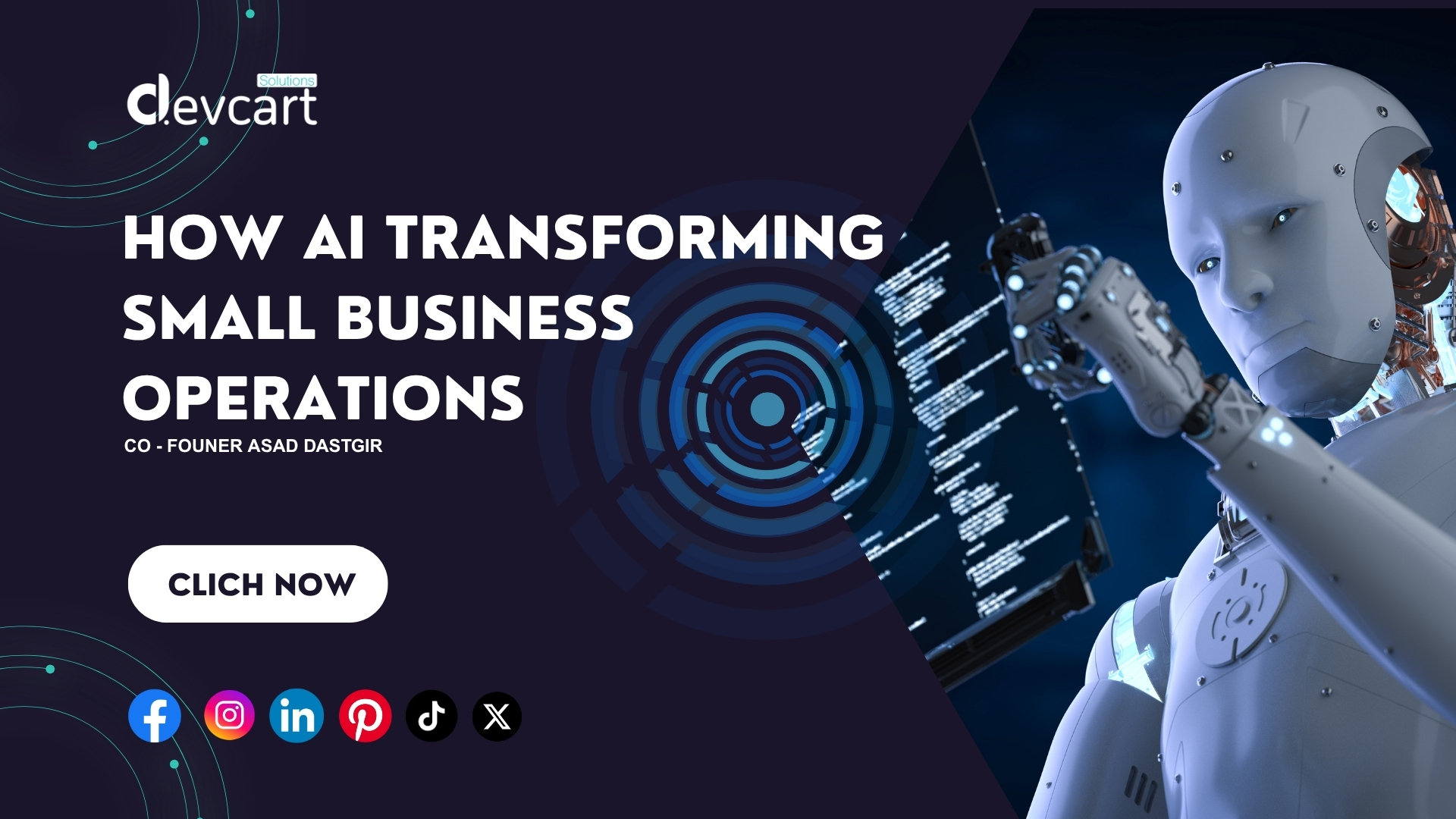In recent years, artificial intelligence (AI) has evolved from a buzzword into a game-changer—especially for small businesses. Once seen as a luxury reserved for large enterprises with deep pockets, AI tools are now accessible, affordable, and incredibly effective at helping small businesses operate smarter, faster, and more efficiently.
Let’s dive into how AI is transforming small business operations across key areas and why embracing it is no longer optional—it’s essential.
1. Smarter Customer Service with AI Chatbots
Small businesses often struggle to provide 24/7 customer support. AI-powered chatbots now make it possible to offer instant responses to customer inquiries at any time of day—without hiring extra staff.
Benefits:
- Quick resolution of FAQs
- Lead qualification
- Personalized recommendations
- Cost-effective support solution
Tools to Try: Tidio, Intercom, Drift

2. AI-Powered Marketing Automation
AI can help you deliver the right message to the right person at the right time. From personalized email campaigns to predictive analytics, AI is making marketing more precise and efficient.
Applications:
- Customer segmentation
- Email content optimization
- Social media scheduling and analytics
- Ad targeting
Popular Tools: Mailchimp (with AI features), HubSpot, Jasper.ai, Hootsuite
3. Streamlined Inventory and Supply Chain Management
For product-based businesses, inventory management is a constant challenge. AI tools can forecast demand, monitor stock levels in real-time, and even automate reorders to reduce waste and prevent stockouts.
Impact:
- Better cash flow management
- Reduced human error
- Improved customer satisfaction due to better product availability
4. Data-Driven Decision Making
AI helps small business owners make smarter decisions based on data, not guesswork. With tools that analyze customer behavior, sales trends, and financial metrics, entrepreneurs can adjust strategies on the fly.
Use Cases:
- Sales forecasting
- Customer churn prediction
- Competitor analysis
- Pricing strategy optimization

5. Enhanced Hiring and HR Processes
AI is streamlining recruitment for small businesses by scanning resumes, ranking candidates, and even conducting preliminary assessments through virtual interviews.
HR Innovations with AI:
- Resume filtering
- Employee sentiment analysis
- Onboarding automation
- Payroll and time tracking assistance
Tools: Breezy HR, Zoho Recruit, Deel, Gusto
6. Financial Automation and Fraud Detection
AI simplifies bookkeeping and enhances financial security. It can categorize transactions, send invoice reminders, and even detect suspicious activity—saving both time and money.
Features Small Businesses Use:
- Expense tracking
- Invoice automation
- Tax filing support
- Fraud alerts
Top Tools: QuickBooks (with AI features), Xero, Expensify
7. Personalized Customer Experiences
From personalized product recommendations to dynamic pricing, AI helps small businesses create unique experiences for each customer—something that was once only possible for large corporations.
How It Works:
- Uses customer data to tailor offers and messages
- Improves engagement and loyalty
- Increases conversion rates
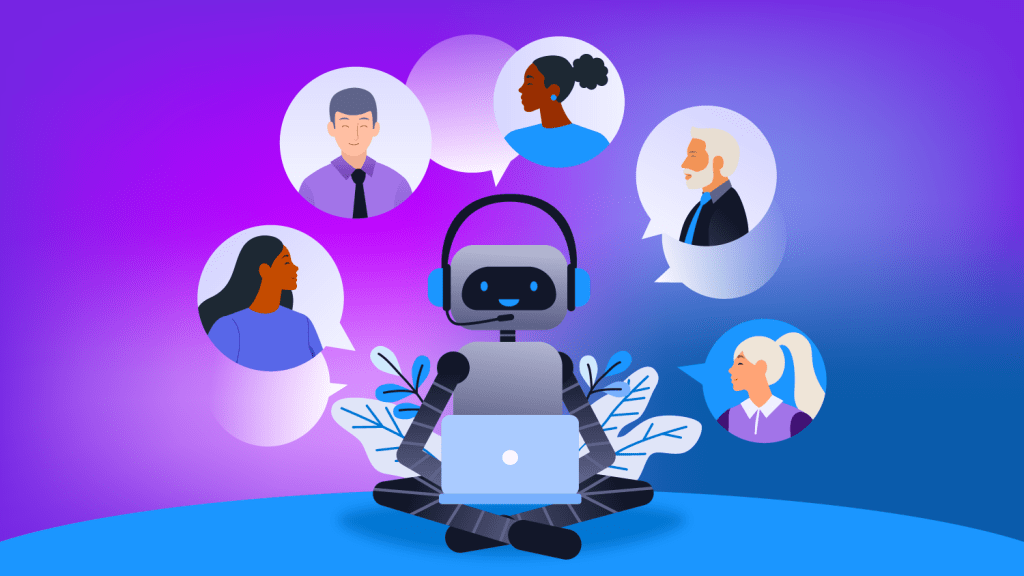
8. Voice Assistants and Virtual Assistants
AI-powered virtual assistants (like Siri, Alexa, and ChatGPT) are helping small business owners with everything from setting reminders and answering emails to generating content and conducting research.
Real-Life Use Cases:
- Managing schedules
- Creating social media content
- Generating reports or proposals
- Summarizing long documents or emails
9. AI in E-commerce and Retail
Online retailers are benefiting from AI-driven tools that optimize product listings, suggest pricing strategies, and improve the online shopping experience with features like virtual try-ons and smart search.
Examples:
- AI-powered product recommendations (like Amazon)
- Visual search for fashion or décor
- Automated review analysis
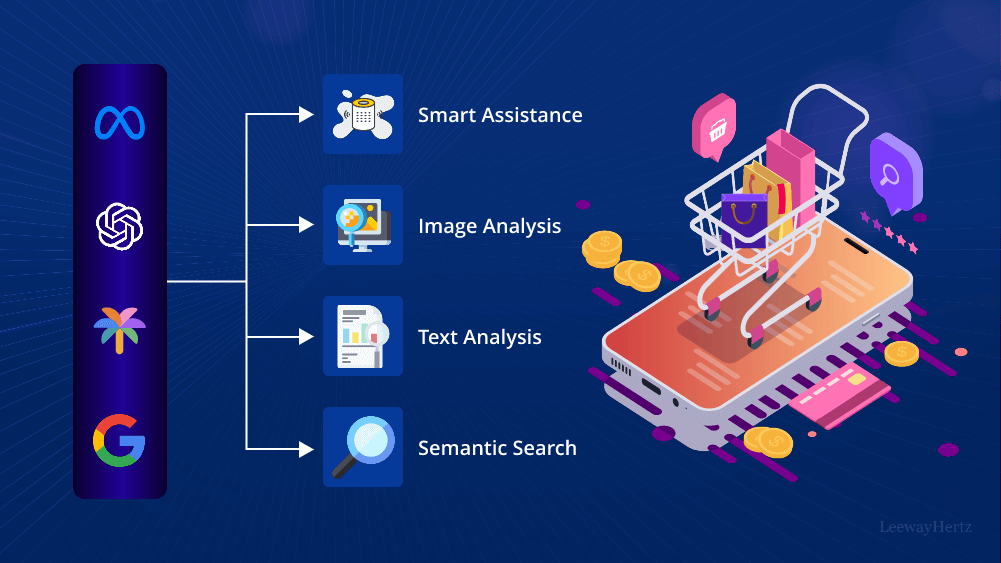
10. Leveling the Playing Field
Ultimately, AI gives small businesses a powerful advantage: the ability to compete with bigger players. By automating routine tasks and uncovering insights from data, small teams can do more with less—and stay agile in a fast-changing world.
Final Thoughts
AI isn’t here to replace small business owners—it’s here to empower them. By embracing AI tools and technologies, small businesses can boost productivity, enhance customer experiences, and make smarter, faster decisions. Those who adapt now will not only survive but thrive in the digital economy.



